
Meghan Rosen is a senior writer who reports on the life sciences for Science News. She earned a Ph.D. in biochemistry and molecular biology with an emphasis in biotechnology from the University of California, Davis. Her dissertation work involved studying mutated proteins in liver and kidney cancer. She later graduated from the science communication program at UC Santa Cruz. Prior to joining Science News in 2022, she was a media relations manager at the Howard Hughes Medical Institute. Her work has appeared in Wired, Science, and The Washington Post, among other outlets. Once for McSweeney’s, she wrote about her kids’ habit of handing her trash, a story that still makes her (and them) laugh.

Trustworthy journalism comes at a price.
Scientists and journalists share a core belief in questioning, observing and verifying to reach the truth. Science News reports on crucial research and discovery across science disciplines. We need your financial support to make it happen – every contribution makes a difference.
All Stories by Meghan Rosen
-

Calling gun violence a public health crisis is a ‘first step’ to fight it
Three public health experts weigh in on the U.S. surgeon general’s ground-breaking call to label shootings a health problem.
-
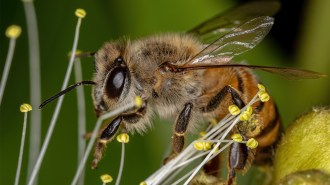 Health & Medicine
Health & MedicineHoneybees can “smell” lung cancer
Bees can detect the scent of lung cancer in lab-grown cells and synthetic breath. One day, bees may be used to screen people’s breath for cancer.
-
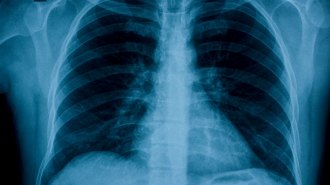 Health & Medicine
Health & MedicineAI could take medical imaging to the next level
Artificial intelligence in medical imaging is taking off. Experts share what they see as the promise — and potential pitfalls — of AI technology.
-
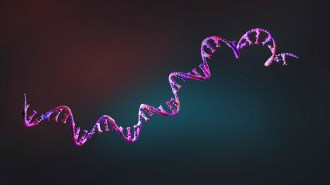 Genetics
GeneticsThomas Cech’s ‘The Catalyst’ spotlights RNA and its superpowers
Nobel Prize-winning biochemist Thomas Cech’s new book is part ode to RNA and part detailed history of the scientists who’ve studied it.
-
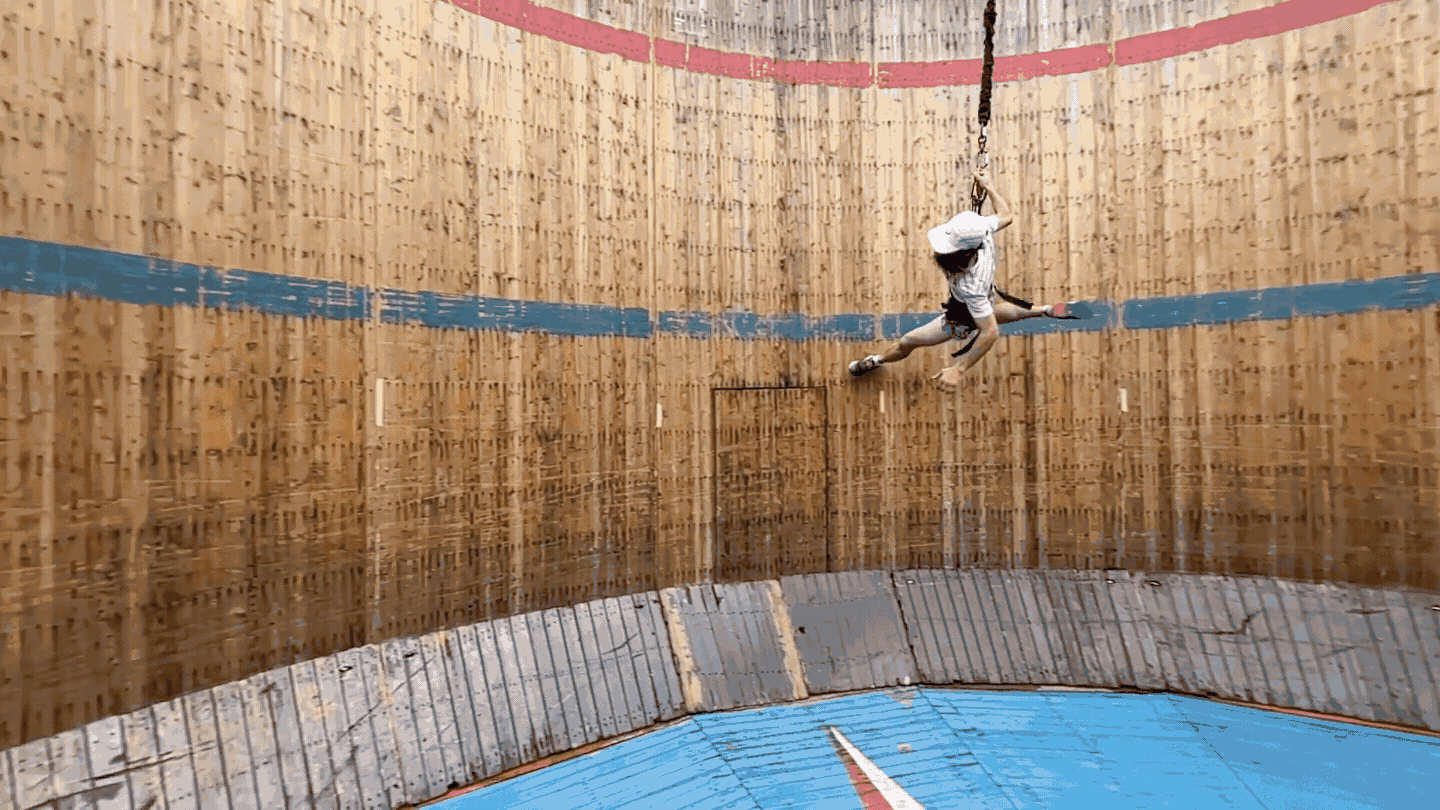 Space
SpaceForget moon walking. Scientists want to give moon running a try
Researchers took over an amusement park attraction to test out an idea for how astronauts might exercise on the moon.
-
 Health & Medicine
Health & MedicineYoung people’s use of diabetes and weight loss drugs is up 600 percent
Young people’s use of diabetes and weight loss drugs like Ozempic and Wegovy is surging, especially among females ages 18 to 25.
-
 Health & Medicine
Health & MedicineBurning the stomach lining reduces the ‘hunger hormone’ and cuts weight
An experimental weight loss procedure blasts the stomach lining with heat to curb hunger and cut pounds.
-
 Humans
HumansRain Bosworth studies how deaf children experience the world
Deaf experimental psychologist Rain Bosworth has found that babies are primed to learn sign language just like spoken language.
-
 Health & Medicine
Health & MedicinePelvic exams at hospitals require written consent, new U.S. guidelines say
Hospitals must now get written consent to perform pelvic, breast, prostate and rectal exams on sedated patients or risk losing federal funding.
-
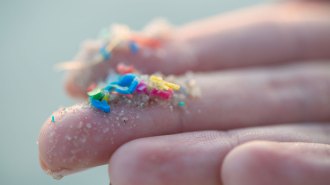 Health & Medicine
Health & MedicineA new study has linked microplastics to heart attacks and strokes. Here’s what we know
Patients with microplastics in their arteries were 4.5 times more likely to have a heart attack, stroke or die within the next three years.
-
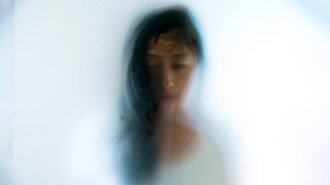 Health & Medicine
Health & MedicineLong COVID brain fog may be due to damaged blood vessels in the brain
MRI scans of long COVID patients with brain fog suggest that the blood brain barrier may be leaky.
-
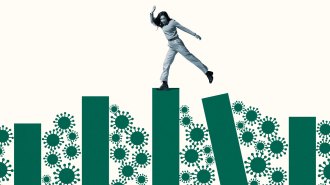 Health & Medicine
Health & MedicineThe blood holds clues to understanding long COVID
A growing cadre of labs are sketching out some of the molecular and cellular characters at play in long COVID, a once-seemingly inscrutable disease.